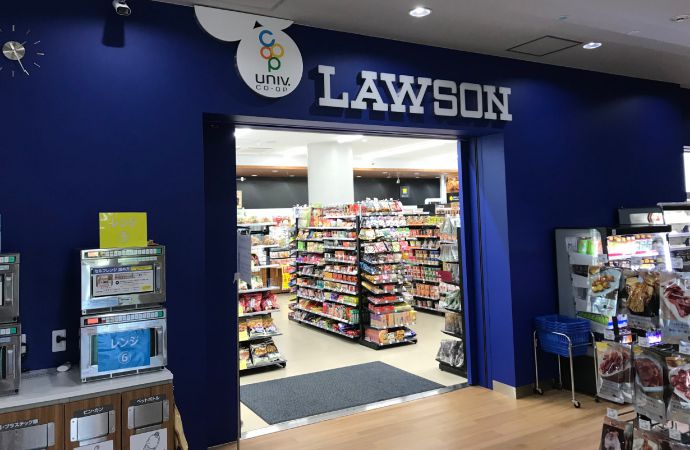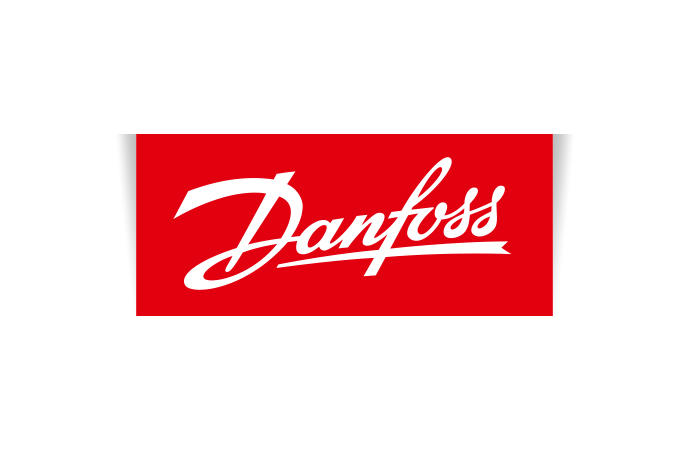The Organising Committee for the 2012 London Olympics will opt for suppliers and licensees to the London 2012 Olympic Games that avoid substances known to accelerate global warming. A "Sustainable Sourcing Code" lists fluorinated refrigerants, including HFCs and HCFCs, as restricted substances.

The London 2012 Committee of the Olympic Games and Paralympic Games (LOCOG) has published the first online edition of its Sustainable Sourcing Code, reiterating its commitment to making the 2012 Games sustainable. The Code outlines the Committee’s approach to sustainable sourcing, i.e. the procurement of products and services with environmental, social and ethical issues in mind.
High global warming potential refrigerants to be avoided
Appendix A of the Code identifies a list of substances and materials that suppliers and licensees will avoid using in the products, services or packaging they will supply for the London Games. Fluorocarbons are identified as a group of substances to be avoided.
According to the Code, “chilling or cooling equipment containing substances with a global warming potential of 150 or more in composition should be avoided”. This includes:
The Code does not make any specific recommendations regarding which other refrigerants should be chosen. Natural refrigerants emerge as the most promising alternative for several applications. The Code, however, leaves open the possibility that a future developed chemical refrigerant with a low global warming potential be used. It remains to be seen how the overall environmental impact of the new substances would be evaluated if this would be the case.
The Code will be applied via the tendering process. Following award of a contract, LOCOG will monitor a supplier or licensee’s practices to ensure they are being carried out as agreed in the tender process.
LOCOG’s procurement activity will involve many thousands of individual purchases from a wide range of suppliers and licensees in a relatively short but intensive time period. The build-up will begin in late 2009 and peak during 2010-12.
Next steps
As LOCOG’s procurement programme evolves, the Code will continually be reviewed on the basis of how it is performing in practice, while LOCOG will release updated editions of the Code as and when appropriate.
High global warming potential refrigerants to be avoided
Appendix A of the Code identifies a list of substances and materials that suppliers and licensees will avoid using in the products, services or packaging they will supply for the London Games. Fluorocarbons are identified as a group of substances to be avoided.
According to the Code, “chilling or cooling equipment containing substances with a global warming potential of 150 or more in composition should be avoided”. This includes:
- Chlorofluorocarbons (CFCs)
- Hydrochlorofluorocarbons (HCFCs): HCFC-22, HCFC-123, HCFC-124, HCFC-141b, HCFC-142b
- Hydrofluorocarbons (HFCs): HFC-23, HFC-32, HFC-43-10mee, HFC-125, HFC-134a, HFC-143a, HFC-152a, HFC-227ea, HFC-236fa, HFC-245fa, HFC-365mfc
The Code does not make any specific recommendations regarding which other refrigerants should be chosen. Natural refrigerants emerge as the most promising alternative for several applications. The Code, however, leaves open the possibility that a future developed chemical refrigerant with a low global warming potential be used. It remains to be seen how the overall environmental impact of the new substances would be evaluated if this would be the case.
The Code will be applied via the tendering process. Following award of a contract, LOCOG will monitor a supplier or licensee’s practices to ensure they are being carried out as agreed in the tender process.
LOCOG’s procurement activity will involve many thousands of individual purchases from a wide range of suppliers and licensees in a relatively short but intensive time period. The build-up will begin in late 2009 and peak during 2010-12.
Next steps
As LOCOG’s procurement programme evolves, the Code will continually be reviewed on the basis of how it is performing in practice, while LOCOG will release updated editions of the Code as and when appropriate.
MORE INFORMATION
Related stories





